A child or young person I know needs help with…
Self-esteem and body image

What is body image?
Body image is our feelings about ourselves physically, how we believe others see us and overall happiness with our bodies. It involves how we view ourselves in relation to our size, shape, weight, height, and specific body parts. When children and young people think about body image, it isn’t just about weight, it can include feelings about:
- Societal standards of what is beautiful
- Comparing themselves with friends, siblings, peers, or celebrities
- Social media body ideals and filtered images
- Cultural ideals of beauty
- Hiding their body because they feel ashamed of it
- Feeling self-conscious due to acne, scars, birthmarks, stretchmarks
- Feeling ashamed or embarrassed about having a disability.
- Feeling as though their body does not match their gender or how they feel inside.
You might have heard of ‘body positivity’ which means loving your body for what it is, even if it isn’t perfect or doesn’t look what is considered beautiful by societal standards. An example of body positivity is if someone looked in the mirror and said out loud all the things they liked about their body. They might say, “I love the way my arms look in this top,” or, “While my tummy isn’t flat or my legs might not be long, I still look good.”
You also might have heard of body neutrality. This is different to body positivity as it doesn’t mean always loving your body, but more about accepting it and not focusing on the physical appearance but more on what your body can do and its abilities. An example of this would be someone saying to themselves, “My body is great as I can go for a run and play with friends,” or “My body is amazing as it gives me the ability to laugh with my friends.” Body neutrality is about celebrating what the human body can do rather than how it looks.
Promoting body positivity and/or neutrality can be useful ways of supporting a child to learn to love, accept and celebrate their bodies as they are.
When a child is feeling bad about themselves, they may:
- Say negative things about their appearance like ‘I’m ugly,’ “Why can’t I look like them?” or “I wish I looked different.”
- Begin to overeat, undereat or over exercise to change the way their body physically looks
- Spend time excessively grooming to try to change or hide something about their appearance
- Wear oversized clothes to hide their body
- Compare themselves to their friends, peers or celebrities they see in the media
- Doubt themselves and resist trying new things
- Feel they aren’t doing as good as everyone else and feel left behind.
How to support body image in the classroom
- Foster a positive, inclusive and kind environment – create a classroom culture that celebrates diversity and promotes kindness to each other and to oneself.
- Educate children about the reality of social media – encourage pupils to develop critical thinking skills when it comes to images in both widespread media and social media. Encourage pupils to understand that many images are filtered, altered, and retouched.
- Focus on healthy lifestyles rather than appearance – teach pupils about the importance of healthy diet, physical exercise, mental wellbeing, sleep hygiene and self-care. Encourage discussion around what it feels like to be healthy and the role of food to fuel our bodies and minds.
- Show them being active is fun – through Physical Education you can show pupils that doing exercise such as team sports or individual exercise can help to relieve stress, improve memory and boost their mood.
- Model positive body image – avoid making negative comments about your own or others bodies/appearance. Let pupils hear you celebrate the inner beautiful qualities you have and that you see in others.
- Reinforce positive body image – ensure your classroom and school displays show a diverse range of people in terms of body size, skin colour, shape, height, abilities, and disabilities. Create a school culture where people are praised for their inner qualities such as kindness, respect, warmth, humour, problem solving, honesty, trustworthiness, independent thinking and creativity.
Get Help Now!
Here are a list of services that can help. The icons below tell you the type of support available.
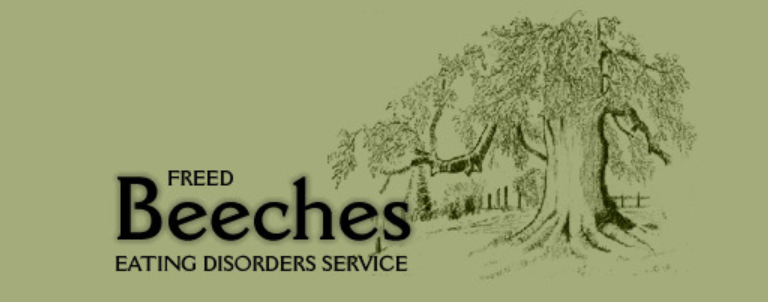
Freed Beeches

CAMHS Eating Disorder Team
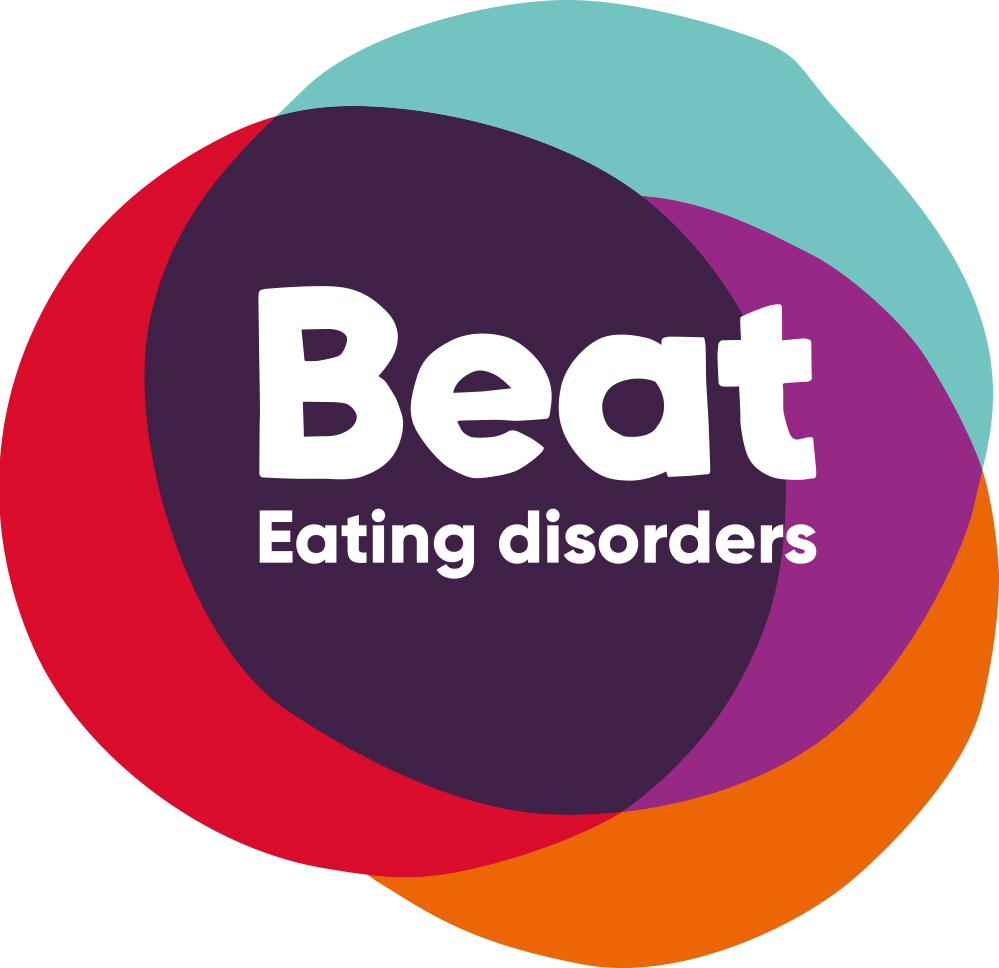
BEAT Eating Disorders

Nottinghamshire County CAMHS
Nottingham City CAMHS
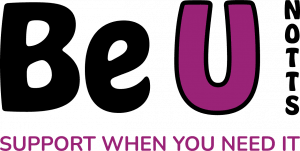
Be U Notts

Talkzone

Kooth
Which services can I access?
Some of the services available operate only within city or the wider county area. Pop your postcode in below to quickly check which services are available to you
Related topics
-
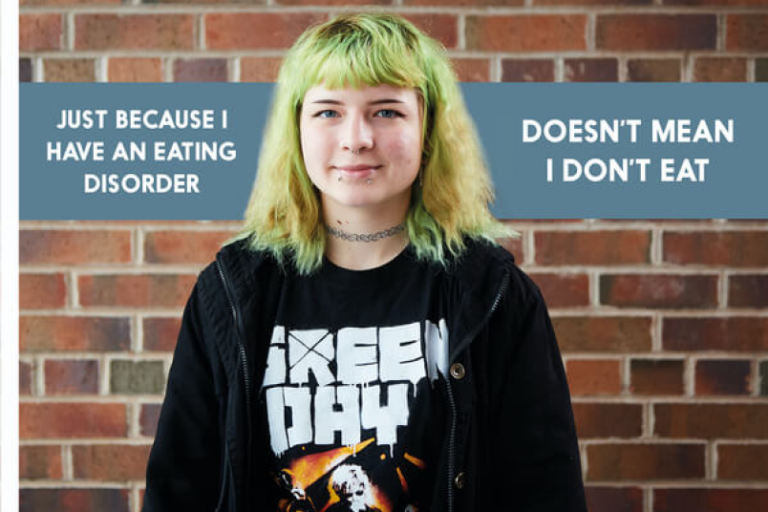
Eating Disorders
Eating disorders are also not just about food – they can be a way of coping or feeling in control. Eating disorders are serious and everyone who has one deserves care and support.
-
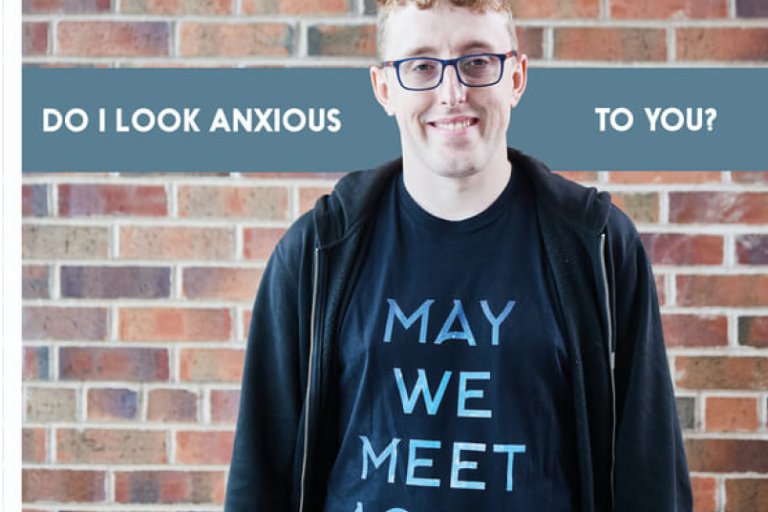
Anxiety and Panic Attacks
Everyone gets anxious now and then and anxiety is actually your body giving you a message that you are not safe.
-
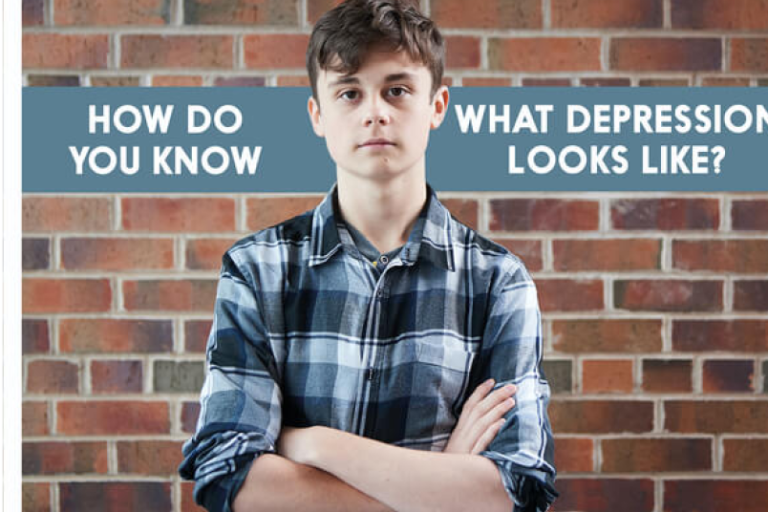
Depression or Low Mood
Everyone has ups and downs. Sometimes you might feel a bit low, for lots of different reasons. People may say that they are feeling depressed when they are feeling down, but this does not always mean that they have depression.
-
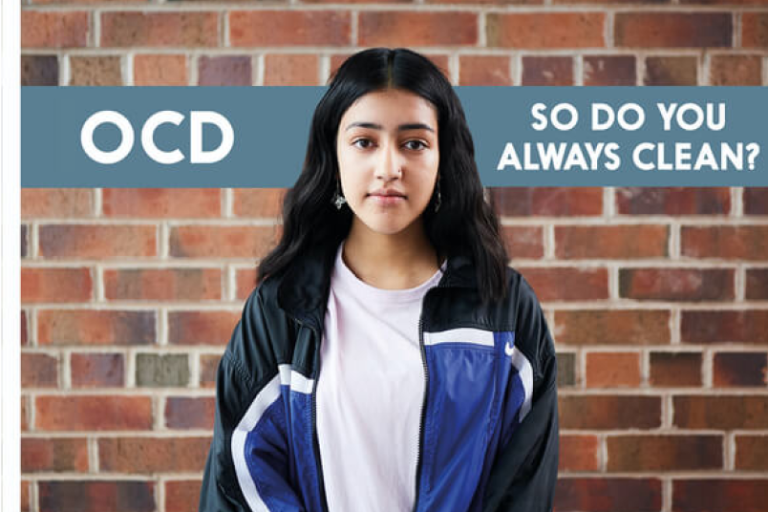
Obsessive Thoughts
Obsessions are specific thoughts that are intense and intrusive. It can feel like your thoughts are taking over and controlling your behaviour. Compulsions are ritual behaviours that people use to try to reduce anxiety linked to intrusive thoughts.